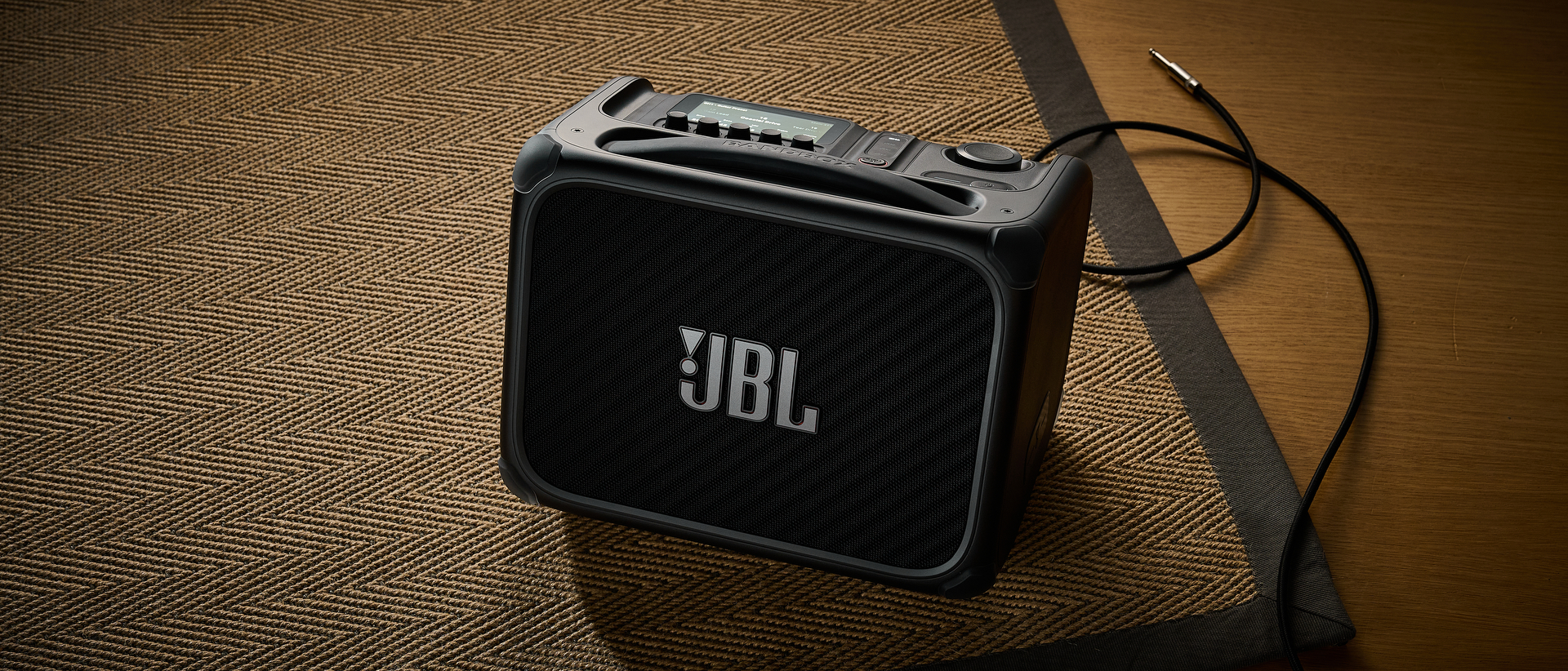60-Second Songwriting: Songwriting Building Blocks—Top-Line Melodies
Your top-line melody is the star of the song. It’s the thing that (hopefully) people will connect with, remember and walk away humming after hearing your tune.
All the latest guitar news, interviews, lessons, reviews, deals and more, direct to your inbox!
You are now subscribed
Your newsletter sign-up was successful
60-Second Songwriting aims to offer quick, concise, song-craft tips, basics and blasts for the time-crunched and attention-challenged 21st-century musician.
In terms of the architecture of a pop song, in its simplest form, a tune can be broken down into a few key elements or building blocks—chord progressions, top-line melodies, lyrics, tempo-rhythm and song structure. As songwriters, we casually discuss these foundational elements all the time — “Why don’t we switch up that top-line on the last chorus? How about adding a bridge to the song structure?” But how often (if ever) do we really stop to think, beginner or advanced writer alike, about the nut-and-bolt concepts behind these everyday fundamentals of our trade?
In this edition of 60-Second Songwriting, we focus on one of songwriting’s building blocks—the top-line melody. We’ll take a look at its basic function through the specific lens of the songwriter and explore the top-line’s purpose in service of the song.
- As the name implies, a top-line melody is the main melody of your song that rides above your chord progressions, creating a thru-line that helps connect all the various sections of your song together.
- The top-line melody is also the vehicle that carries your lyrics. In pop music most top-line melodies are sung, but an instrument can also carry the top-line melody. Commonly, in a pop song you’ll hear a sung top-line which then might be handed off to an instrument in the case of a solo section (like a guitar solo).
- Your top-line melody is really the star of the song. The main focal point. It’s the thing that (hopefully) people will connect with, remember and walk away humming after hearing your tune. As such, it deserves a good amount of your attention when crafting your song. Hint—Although sometimes the temptation might be there to make things complex, keeping the top-line melody simple but effective is always a great plan.
Mark Bacino is a singer/songwriter based in New York City. When not crafting his own melodic brand of retro-pop, Mark can be found producing fellow artists, composing for television/advertising and teaching songwriting via his Queens English Recording Co. Mark also is the founder/curator of intro.verse.chorus, a website dedicated to exploring the art of songwriting. Visit Mark on Facebook or follow him on Twitter.
All the latest guitar news, interviews, lessons, reviews, deals and more, direct to your inbox!
